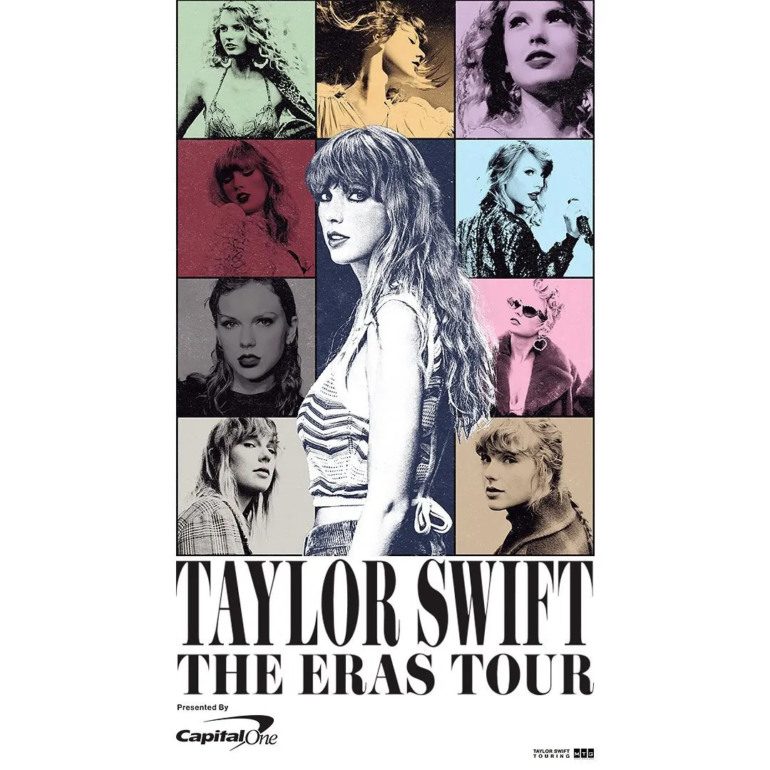

According to pitchfork.com several Taylor Swift fans filed a lawsuit against Ticketmaster over the Eras Tour ticketing issue. Ticketmaster canceled the on-sale date for the tour “due to extraordinarily high demands on ticketing systems and insufficient remaining ticket inventory to meet that demand,” as the company stated at the time. The plaintiffs will be suing Ticketmaster and its parent company, Live Nation Entertainment, for “fraud, price-fixing, and antitrust violations,” alleging that “intentional deception” which allowed scalpers to buy the majority of the tickets.
Tickets for the Eras Tour went on sale on November 15 through Ticketmaster’s Verified Fan program which requires concertgoers to register ahead of time and rank their preferred cities and dates for attendance. This program is designed to limit bots who het the tickets before the fans can buy them. Ticketmaster has stated that over 3.5 million people registered as Verified Fans and over 2 million tickets were sold on November 15 and with a total of 3.5 billion system requests—four times the site’s previous high.
Fans filed the lawsuit in a Los Angeles court, where it states that “millions of fans waited up to eight hours and were unable to purchase tickets as a result of insufficient ticket releases and other issues similar to the prior presale.” Also the lawsuit claims Ticketmaster wasn’t prepared for the surge of customers.
The complaint continues: “Because artists like Taylor Swift have to go through Ticketmaster, their fans do as well. This means virtually all major music concert ticket sales in California and the United States go through Ticketmaster’s Primary Ticket Platform.”
Plaintiffs also allege that Ticketmaster “allows scalpers to buy up tickets over buyers who actually plan to attend the performances,” and that the company “has stated that it has taken steps to address this issue, but in reality, has taken steps to make additional profit from the scalped tickets. “Ticketmaster allowed bots and scalpers to remove tickets from a fan’s basket without being allowed adequate time to complete the sale.” the plaintiffs mentioned.
